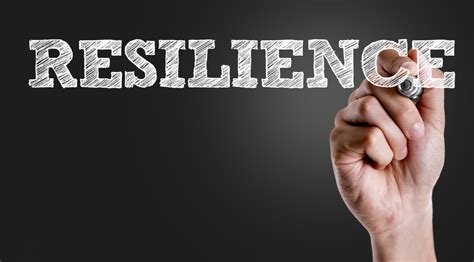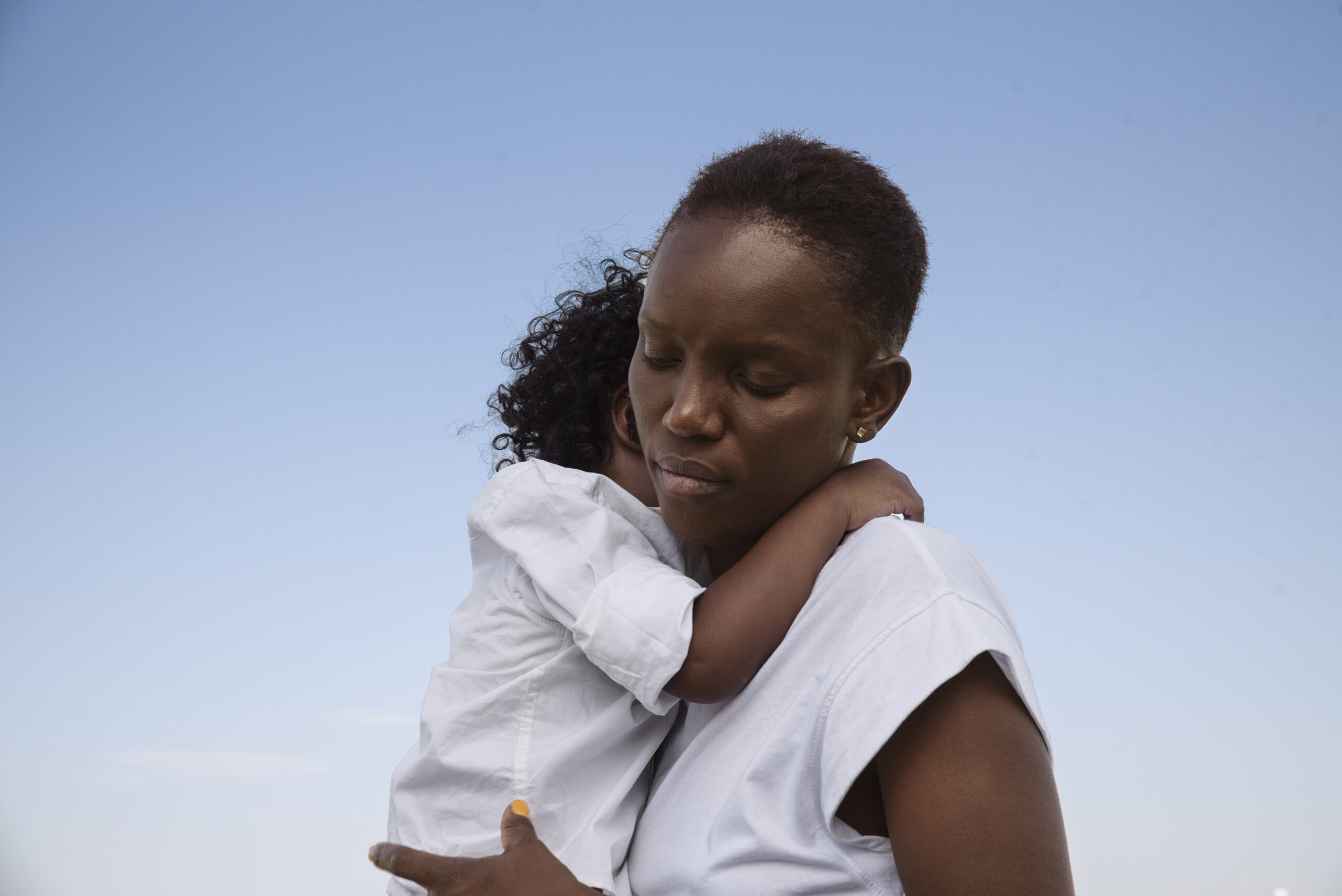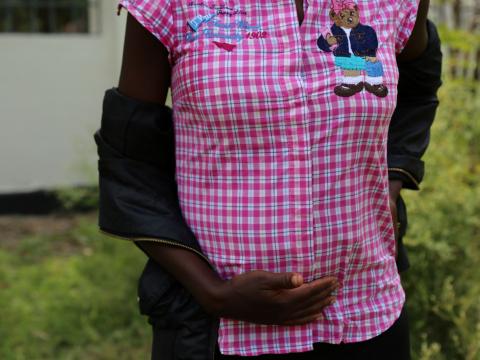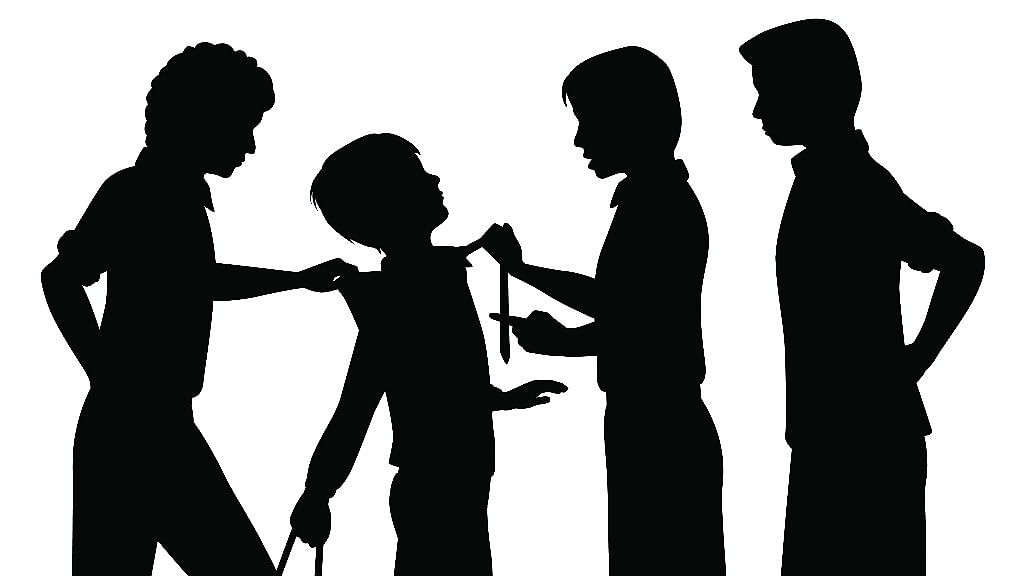Pillars of resilience: when to be engaged

Resilience is the ability to bounce back from adversity and hardships. It is not something that we are born with or without, it is an ongoing process that individuals can learn, practice, and improve over a while. We all experience stress. The difference is in those who choose to face it head-on and not let it get the best of them. Stressful situations are constant and inevitable just as serious as stressors.
The adverse effect that stress has on emotional and physical health is implicated in a host of ailments such as depression, anxiety, chronic lower respiratory diseases, asthma flare-ups, rheumatoid arthritis, and gastrointestinal problems.
Sometimes our resilience will feel higher or lower than usual, but there are five key pillars that, when strengthened, enable us to be resilient even in the toughest of situations as discussed below.
Being mindful
This is our ability to; be fully present, aware of where we are and what we are doing, not to overly reactive or overwhelmed by what is going on around us. Every time you bring awareness to what you are experiencing through your senses you are practising mindfulness.
When you’re feeling anxious, sluggish, de-motivated, or unhappy it is very hard to remain resilient. Being able to balance your energy even when you’ve got a lot going on is one way to continue pursuing the activities that you love as well as fulfilling your obligations. It’s much easier to reach your personal goals when you know where you’re aiming.

Individual Self-care
Self-care is the practice of individuals looking after their health using the knowledge and information available to maintain or improve health. It is a decision-making process that empowers individuals to look after their health efficiently and conveniently, in collaboration with health and social care professionals. Self-care looks different for everyone and can be practised in different ways.

Self-awareness
Having conscious knowledge of your personality includes strengths, weaknesses, emotions, and motivations. It also allows us to understand how those around us perceive us. From the outside looking in, it can often seem like the most resilient people have no trouble putting on a brave face and shutting out their emotions when required. Yet in reality, resilience comes from being able to accurately recognize processes and regulate our emotions.
Sometimes, allowing ourselves to be vulnerable is the most resilient action possible. By working on our self-awareness, we can build the ability to react to external situations in sustainable and mindful ways.
Having positive relationships
A positive relationship means a relationship between two people who support, care for, encourage, and help each other practically as well as emotionally through listening, communicating openly and without judgment, and trusting and respecting each other.
Humans are built to create connections with others. Resilience has a lot to do with building and nurturing those healthy and supportive relationships and leaning on others. Positive relationships do not mean the absence of disagreement but instead trusting others to be there for you.

Being purposeful
It is having a definite aim and a strong desire to achieve something. Our purpose helps to shape our mindset and attitude towards others and events that we experience in our day-to-day lives. Sense of purpose can be harnessed from, different areas such as our faith, loved ones, culture, responsibilities and philosophical beliefs. Being purpose-driven increases resilience and gradually enhances strength and energy when dealing with the ups and downs of life. Finding meaning and learning in our experiences is the best way to push forward and live resiliently.
Conclusion
Resilience is a hard phenomenon to pin down and definitely cannot be quantified. It is multi-faceted and building resilience is a completely different process for everyone. Maintaining the skills for building resilience requires practice.
However, being able to use these five pillars of resilience can reframe our thinking and the world around us in new ways. Taking this holistic approach to resilience will not only help us to manage stress in our daily lives better but can positively impact our overall well-being in a significant way.
The article was written by Dr. Catherine Gichuba, CEO and Lead Consultant at Regional Social Consultants Agency (RESCA).
Grab the latest issue of Parents Magazine Here







